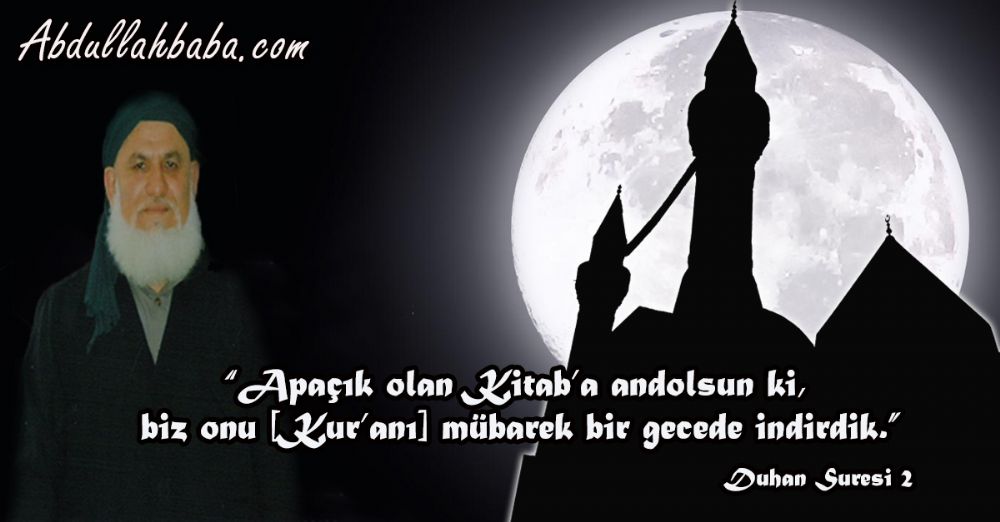
Allah responded "Fa Wahabna lahu." (We gifted him).īecause Allah is Al-Wahhab, by nature he gives without asking, so how about when we actually ask Allah? "Make du'a and I will respond" says Allah to us. Sulaiman (a.s.), one the great Prophets, also a King, made du'a to Allah: "Rabbi Habli Mulkan.Innaka Antal Wahhab," asking for an unparalleled dominion. Ba'da Idh Hadaitana Wa Hab Lana Milladunka Rahmah Innaka Antal Wahhab" (gift us Rahma, you are the Wahhab) Those who don't have children may use "Wahhab" to ask for it, and those who already have children use it to "bless" the familyĮx 2: The famous du'a: "Rabbana La Tuzig Qulubana. We should frequently make the du'a "Rabbana Hablana (Oh Lord, gift us) min Azwajina wa Durriyatina. "I am the messenger so that Allah will gift you" (referring to Jesus/Eisa)


Spiritual and Family blessings are typically associated with Al-Wahhab in the Qur'an.Įx 1: Ibrahim (a.s.) said: All praise be to Allah who has (wahaba) gifted me Ismail and Ishaq even though I am old.Īllah also tells Ibrahim "We gifted Ibrahim with Ishaq and Ya'qub" (ie, son and grandson)Įx 2: Allah says: "We gifted Dawud with Sulaiman"Įx 3: Zakariya (a.s) asked Allah: "Gift me of you a wali (son)" so Allah says "We gifted him Sulaiman"Įx 4: Jibril (a.s) said to Maryam (a.s). The word Hiba (to gift) is derived from Wahaba, to give as a gift without any strings attached.Īl-Wahhab gives and continuously gives what is His to us, without us working for it or deserving it, purely from His generosity.

Al-Wahhab occurs 3 times in the Qur'an and comes from the root WaHaBa, which means to give (as gift) to somebody else something you own and without wanting anything back in return.


 0 kommentar(er)
0 kommentar(er)
